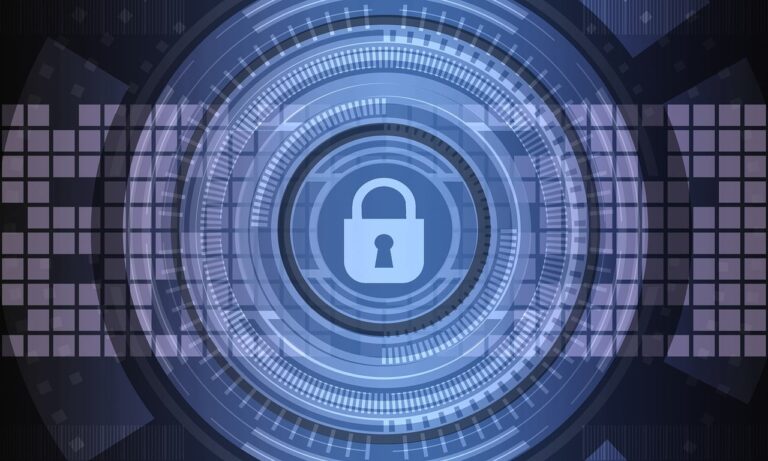Firewalls are the most important because they offer advanced defenses to keep digital systems safe. They are separate devices that handle and protect network traffic, unlike software firewalls, which run on the machine they protect. Because of this difference, firewalls can offer better speed, dependability, and security. Look at the technological changes that have made a hardware firewall important to network protection.
Familiarity with the Distinctions Between Software and Hardware Firewalls
A hardware firewall, as opposed to an application-based firewall, is a standalone piece of hardware that filters data before it reaches the Internet. This method uses specialized hardware that lets it handle more data and offers more reliable security without slowing down the devices on the network.
1. Deep Packet Inspection (DPI) lets hardware defenses look through packet data for harmful material.
Deep Packet Inspection (DPI) is one of the most essential improvements firewalls have made. Hardware defenses that use DPI can look at the data inside messages for malicious material instead of just the header information. This feature makes finding and stopping complex threats that older defenses might miss easier.
2. Apps can now be found and controlled by hardware filters.
These days, hardware routers can find and manage the programs running on a network. This means that security rules can be enforced at the application level. Managers can let or block data based on the application, not just the port or protocol. This level of detail is significant for keeping things safe where applications are used in complicated ways.
3. Learn how to implement security rules at the program level.
Putting AI and machine learning into this type of firewall is a huge step forward for network security. These technologies can analyze network data trends and find strange things that might indicate a security threat.

4. AI and machine learning can be used to analyze trends in network data and find strange patterns.
Thanks to improvements in processing power, this firewall can now examine encrypted information. This feature is becoming more important as more data is sent over safe lines (SSL/TLS). Being able to decode, review, and then re-encrypt information ensures that threats hidden in encrypted messages are found. In addition to keeping the network safe, this process allows threats to be found entirely.
5. It improves computer power, making encrypted data inspection possible.
Much progress has been made in making computers that can handle data faster and more efficiently. With this type of firewall, other security devices can decrypt, review, and re-encrypt secured information without slowing the network or generating perceptible delays with additional processing power.
The Takeaway
Technological improvements have made these firewall types essential network security tools. Businesses and groups that want to protect their networks should buy advanced hardware filters as a first step. This will help them keep their systems safe and robust. As businesses try to keep private data secure while it’s being sent, they must buy up-to-date gear to check encrypted traffic. This is important for maintaining the network’s safety and robustness.
